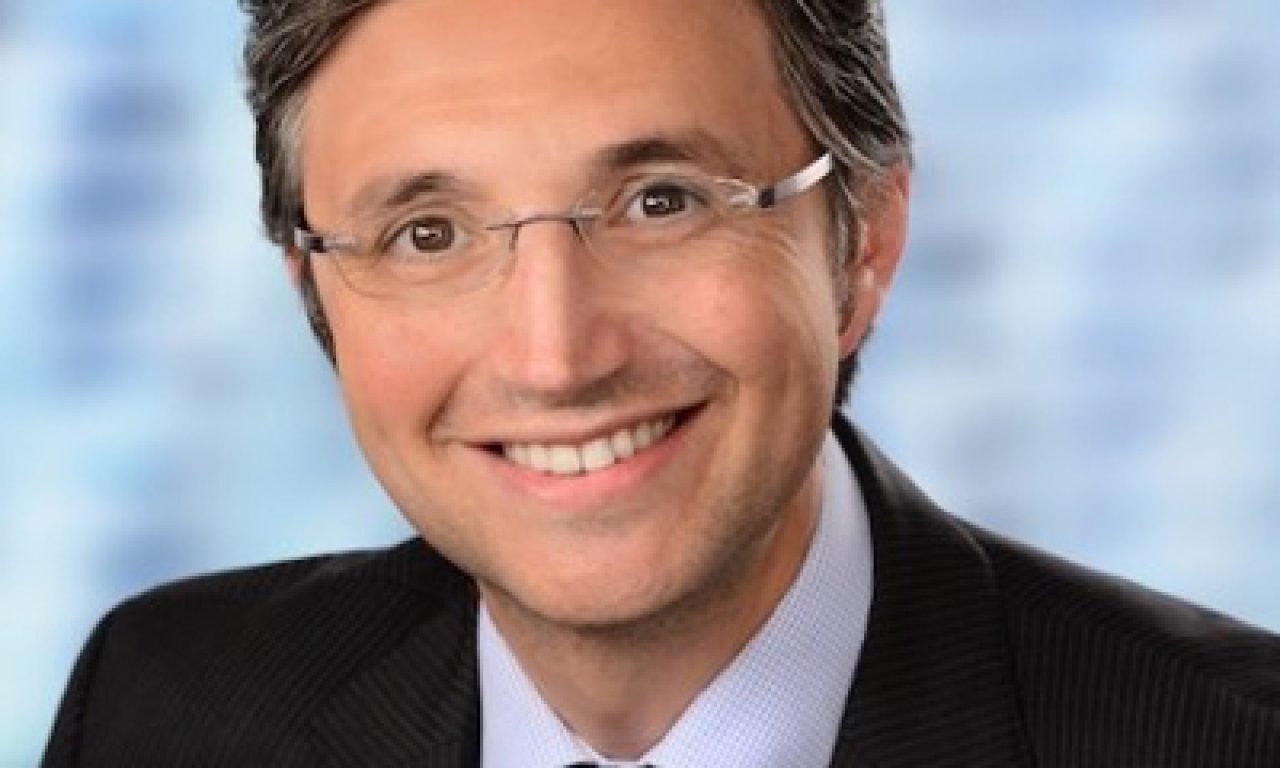BetaShares has ticked over the $1 billion mark for its three ESG-orientated ETFs. This represents roughly 10 per cent of all of its ETF money and 70 per cent of all the ETF money in ESG and ethical strategies listed on the ASX. The BetaShares story in the ESG space emulates a bigger evolution in the investment industry.
The new BetaShares fund, called the Australian Sustainable Leaders Diversified Bond ETF (currency hedged) was this month given formal recognition from the RIAA (Responsible Investment Association Australasia). Its other two ESG funds had previously been recognised by RIAA.
The BetaShares journey with ESG started in 2015. According to Alex Vynokur, BetaShares founder and chief executive, the trend is only going in one direction: up. “When we started studying the space in 2015 it took us about 18 months to develop a product which was both acceptable and true to label, which we launched in 2017,” he said last week. “There was still scepticism among some investors that they might be leaving money on the table going into the sector. There is not longer any scepticism, certainly among the more sophisticated individual investors, their financial advisor, nor institutional investors.”
Vynokur, who is also an entrepreneurial private investor himself, said the two early lessons for him were that:
- ESG, sustainable and ethical funds, whatever they are called, would tend to outperform other funds over time, and
- the issues that the whole of society regards as ‘ethical’ or ‘unethical’ evolved over time.
ESG issues are quite complicated. For instance, the difference between a negative screen, leaving out dirty coal stocks, for instance, and a positive screen, investing in solar energy, say, is not clear cut. The classic example is AGL, a significant ASX stock which is both a big buyer of dirty coal and a large investor in solar energy.
BetaShares established an ‘ethical committee’ to provide oversight of some of these sorts of issues. Relying on quantitative, largely negative, screens is not enough, Vynokur says. He also admits that he did not recognise the level of support for these strategies which were likely to come from philanthropic organisations, family offices and high-net-worth investors, as well as the big not-for-profit super funds. “Despite the challenging environment, we have seen about $200 million come into the space in 2020. And the range of investors is quite broad,” he said.
BetaShares does a regular survey of intentions by financial planners and the latest, last year, showed that 34 per cent were advising clients on ethical investing issues. Two years previously, the figure was just 20 per cent. “I can see this trend continuing,” Vynokur said.
– G.B.

